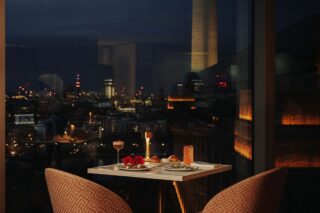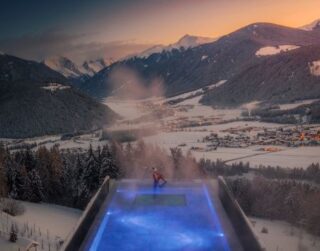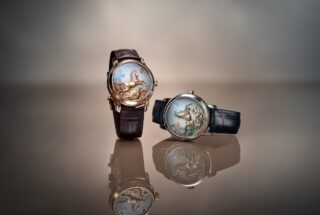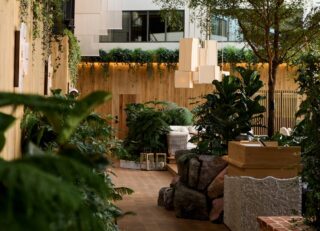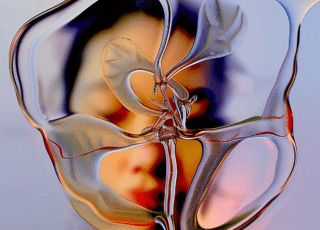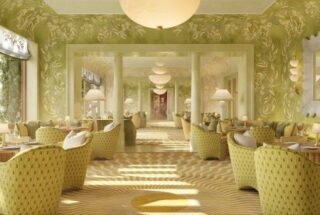This website uses cookies so that we can provide you with the best user experience possible. Cookie information is stored in your browser and performs functions such as recognising you when you return to our website and helping our team to understand which sections of the website you find most interesting and useful.
How one Château in Bordeaux embarked on an organic wine conversion and why we should care
By Tempus | 1 February 2024 | Food & Drink
Boutique wine merchant Bacchus Wines PLDC introduces the award-winning Château de Parenchère
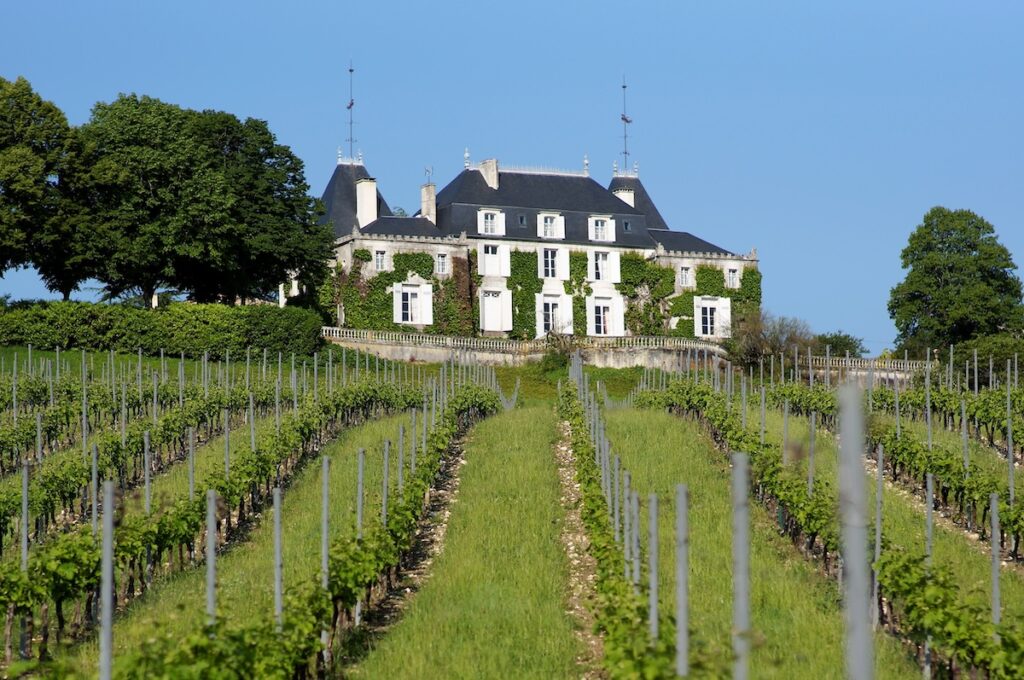 As an independent boutique wine merchant, we at Bacchus Wines PLDC care about the wines we sell. We select our wines based on specific criteria. Of utmost importance is the quality and the vineyard’s know-how. Heritage, too, because our wines come from multi-generational makers who know how to produce fantastic wines again and again. Another key factor is sustainability. Does the château care about the land, the workforce, its reputation and the environment’s future?
As an independent boutique wine merchant, we at Bacchus Wines PLDC care about the wines we sell. We select our wines based on specific criteria. Of utmost importance is the quality and the vineyard’s know-how. Heritage, too, because our wines come from multi-generational makers who know how to produce fantastic wines again and again. Another key factor is sustainability. Does the château care about the land, the workforce, its reputation and the environment’s future?
Meet the award-winning Château de Parenchère, one of our flagship châteaus. The family-run Château de Parenchère was established in 1958 by Raphaël Gazaniol, but the estate dates back to 1570 and has a long and well-established history in viticulture. It is located on the eastern edge of the Bordeaux wine-growing region, on the border of the Dordogne department. Their wines demonstrate exemplary Bordeaux wines that have won countless awards and are a firm favourite with the critics.
Even though Château de Parenchère is steeped in history, the family also looks ahead. The winemakers began their sustainability focus in 2008 by removing the use of chemicals for ‘épamprage’ — a process of removing the useless young shoots from the vine and maintaining the health of the vine the natural way. The expert team of the château discontinued using CMR (carcinogenic, mutagenic and toxic) products, and further reduced doses for other chemical products. 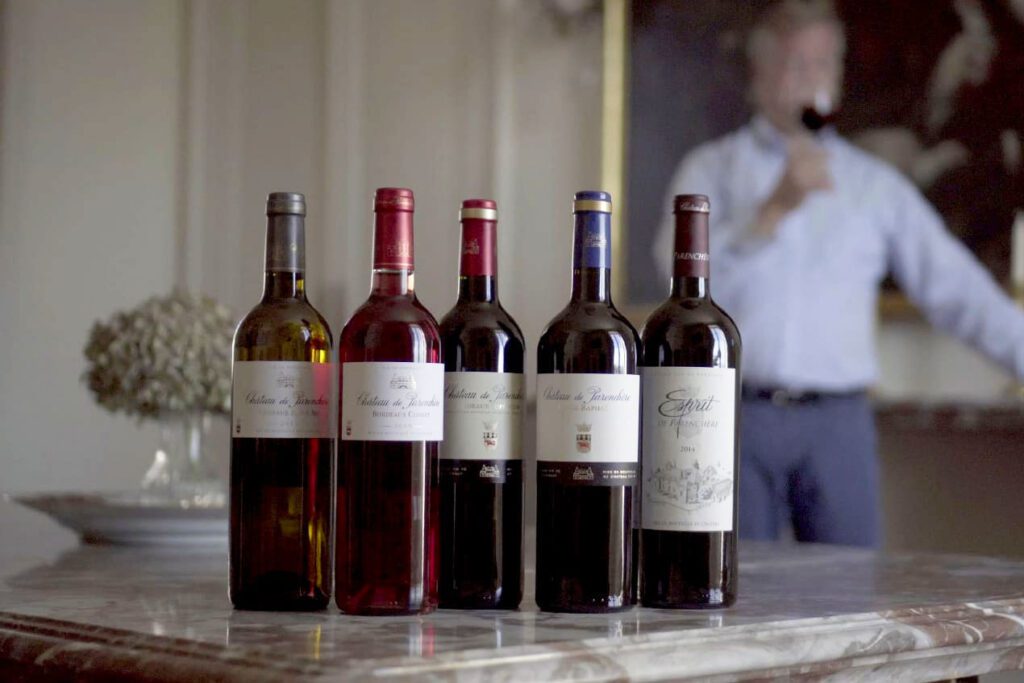 In 2012, they received a High Environmental Value certification, which guarantees that the agricultural practices implemented preserve ecosystems and limit pressure on the environment. In 2014, the Chateau obtained an ISO 14001 certification within the first SME association for Bordeaux wines. 2020 was the last year they used any chemicals for weeding. In 2021, the Château officially committed to converting to organic farming, no longer using synthetic chemicals.
In 2012, they received a High Environmental Value certification, which guarantees that the agricultural practices implemented preserve ecosystems and limit pressure on the environment. In 2014, the Chateau obtained an ISO 14001 certification within the first SME association for Bordeaux wines. 2020 was the last year they used any chemicals for weeding. In 2021, the Château officially committed to converting to organic farming, no longer using synthetic chemicals.
Château de Parenchère’s journey to organic winemaking has not been quick or easy. The entire vineyard ecology has gone through a tremendous change spanning fifteen years. The transition to organic has many significant challenges, including downy mildew, which the temperate oceanic climate of Bordeaux loves. Mechanical weeding, allowing the root system to reconstitute itself, and fewer chemicals means more physical work.
But why organic? Managing director Richard Curty said: “We believe this is the best option to preserve our soil biodiversity as much as possible and, more generally, to preserve the environment. We also think this type of culture translates into more pure and vivid wines.”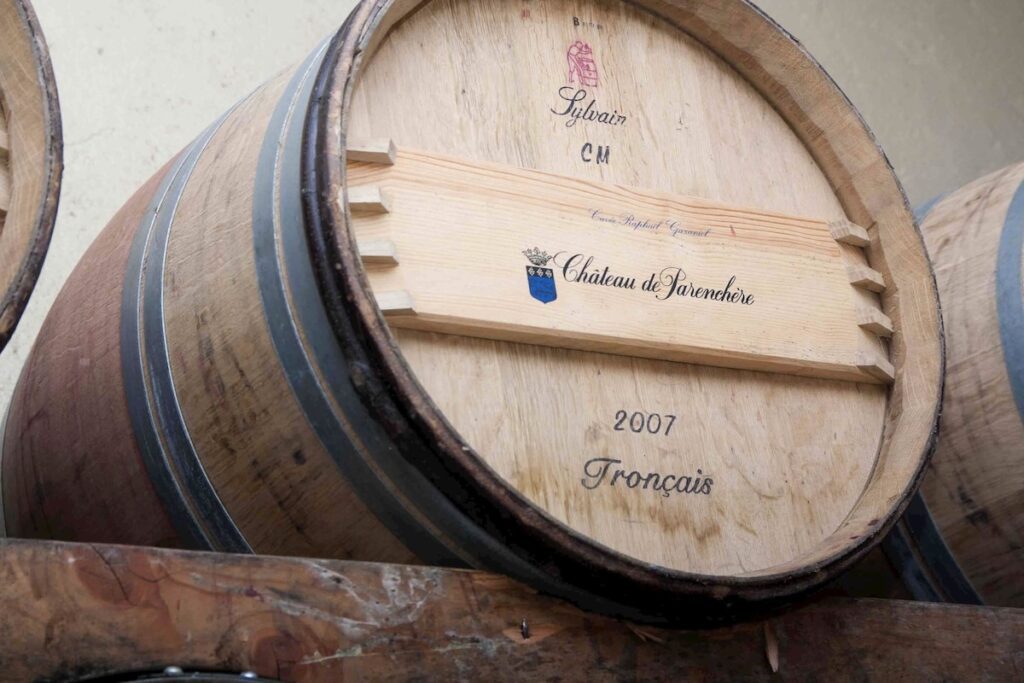 One might worry that producing organic wine will affect the wine’s ageing potential — happily, that is not the case. Richard explains. “We do not believe that ‘going organic’ will impact the longevity of our wines. We believe that it will create brighter, more expressive wines and that they will reveal the best of our terroir.”
One might worry that producing organic wine will affect the wine’s ageing potential — happily, that is not the case. Richard explains. “We do not believe that ‘going organic’ will impact the longevity of our wines. We believe that it will create brighter, more expressive wines and that they will reveal the best of our terroir.”
Speaking of terroir, 169 of the estate’s 464 acres are dedicated to vines. The vines are planted on the estate’s best-exposed plots and solely on hillsides so that rainwater drains away naturally. Thanks to this ideal exposure, the grapes get a lot of sun from early morning until late evening, which helps them reach their best maturity level even in challenging years.
The grapes will, therefore, be able to express all their aromas and richness. The soils are clay-limestone with a very high clay content, which goes some way to account for the strength of the wines produced at Parenchère.
At Bacchus Wines PLDC, we offer their ‘magnificent seven’ range. The wines are well-balanced with a firm density and elegant and mellow tannins. They are also elegantly wooded, with a present yet discreet oak that leaves plenty of room for expressing red fruit and spiced aromas. 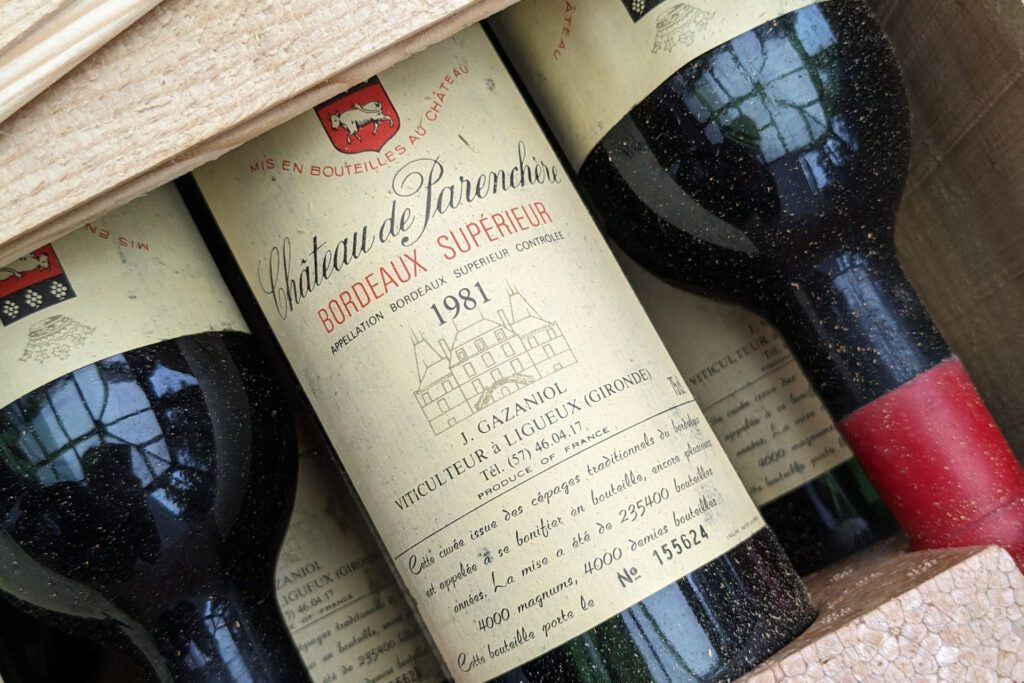 Bordeaux Supérieur Rouge
Bordeaux Supérieur Rouge
Bordeaux Supérieur Rouge is a fleshy traditional blend (assemblage) of Merlot and Cabernet Sauvignon with a deep red colour. Characterised by a good balance between fruit and tannin, it displays distinct red fruit aromas with a long, sustained finish.
Cuvée Raphaël Bordeaux Supérieur
The Cuvée Raphaël Bordeaux Supérieur is a luxuriant, concentrated wine with graceful tannins and a mellow and silky finish. The wine is elegantly woody but not excessively to leave plenty of room for the fruit, which is approximately 50/50 Merlot and Cabernet.
Esprit de Parenchère Bordeaux Supérieur Rouge
Esprit de Parenchère Bordeaux Supérieur Rouge is a highly concentrated yet graceful wine. We consider it powerful but with finesse, offering long ageing potential thanks to its high concentration of Cabernet (80%) and the rest Merlot.
L’Équilibriste Bordeaux Rouge is a beautiful deep purple-red colour with intense aromas of blackcurrant, blackberry, blueberry and notes of peony and violet on the nose. The attack is round on the palate, with crunchy and juicy fruit. It is made without the addition of sulphites. The blend is a mix of Cabernet Franc, Merlot and Malbec.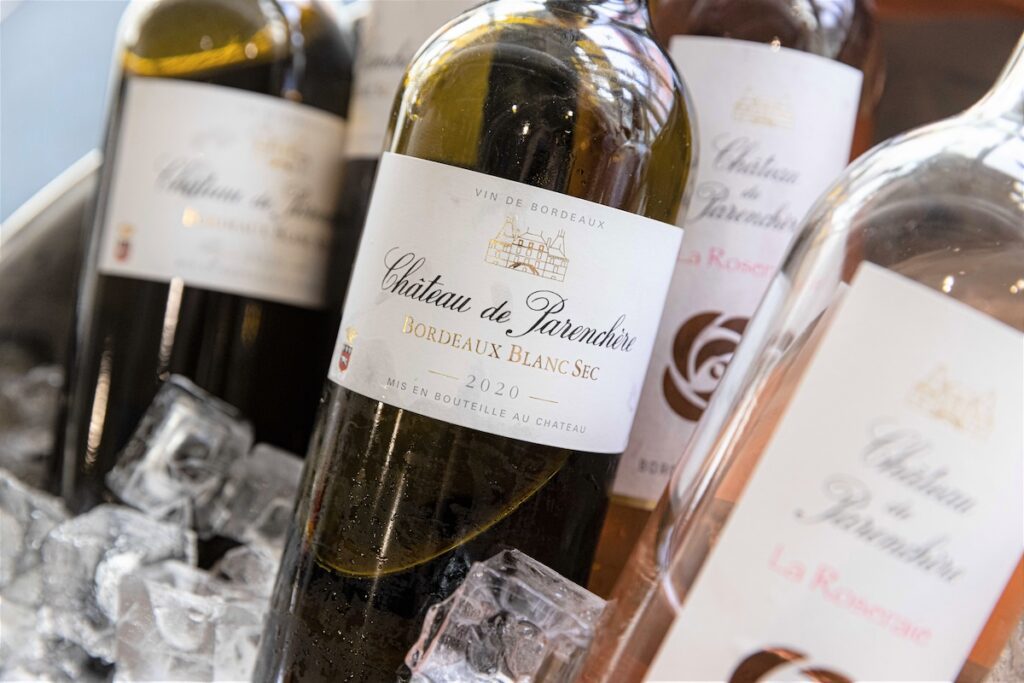 Bordeaux Blanc Sec
Bordeaux Blanc Sec
Bordeaux Blanc Sec is a fantastic white wine with bold white and citrus fruit aromas, fresh and round on the palate. Its balance makes it an ideal accompaniment for fish and seafood. Also great as an apéritif.
The Bordeaux Clairet is a particularly aromatic wine with deep red fruit colour. It is more substantial than traditional rosés, with a good body and exuberant fruitiness. This roundness and more pronounced structure make it a perfect rosé for Mediterranean and Asian food.
The La Roseraie Bordeaux Rosé is a rosé of great freshness, with a rose petal colour and a very fine and subtle floral aroma of rose, hawthorn, and lychee.
Château de Parenchère’s organic wine conversion was completed last year, and we can’t wait for the 2024 vendage, which will be labelled organic wine. Knowing that they care about their terroir and what’s in your glass makes drinking their vintages all the more sweeter. Bisous et bonne santé!


